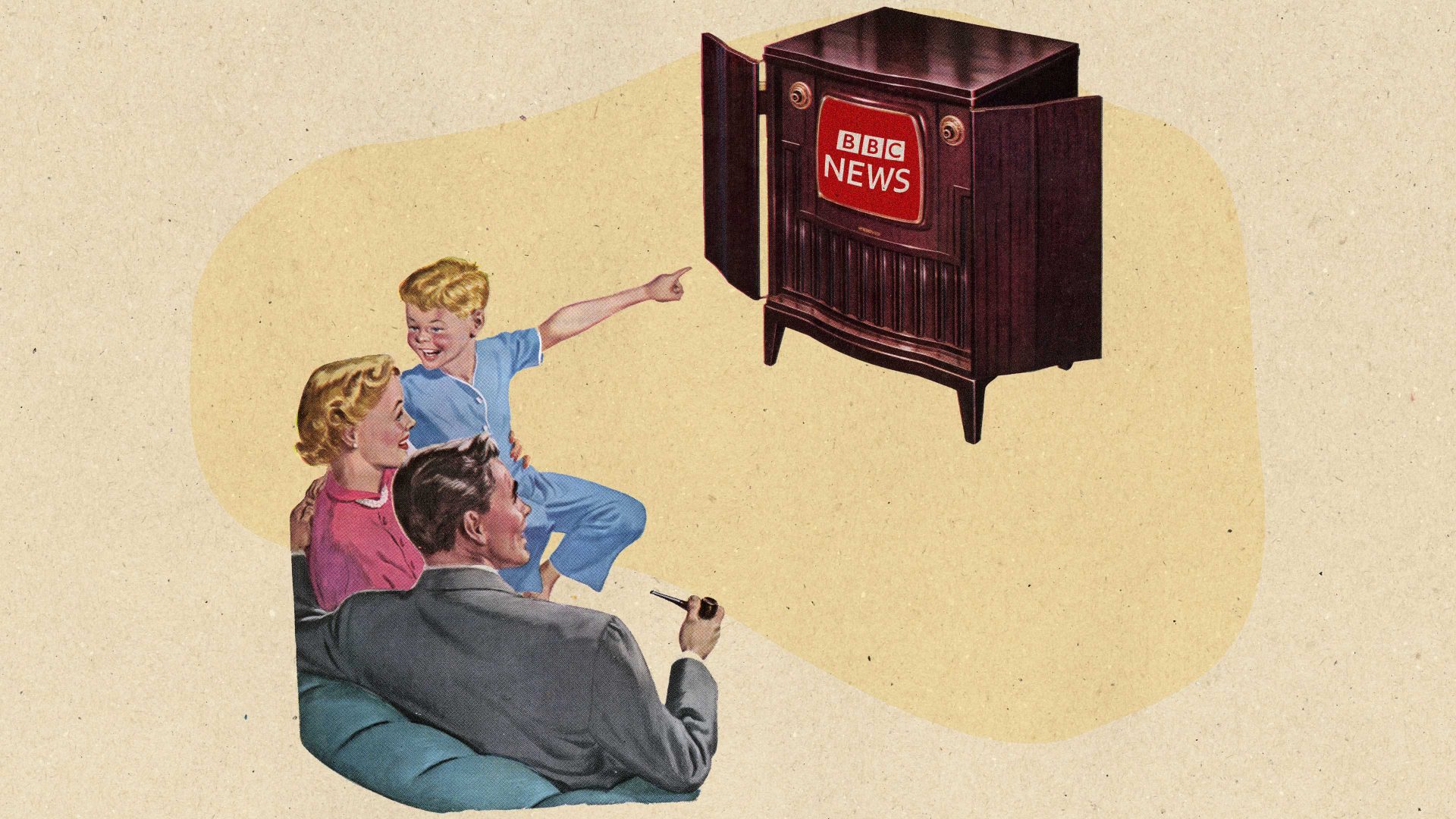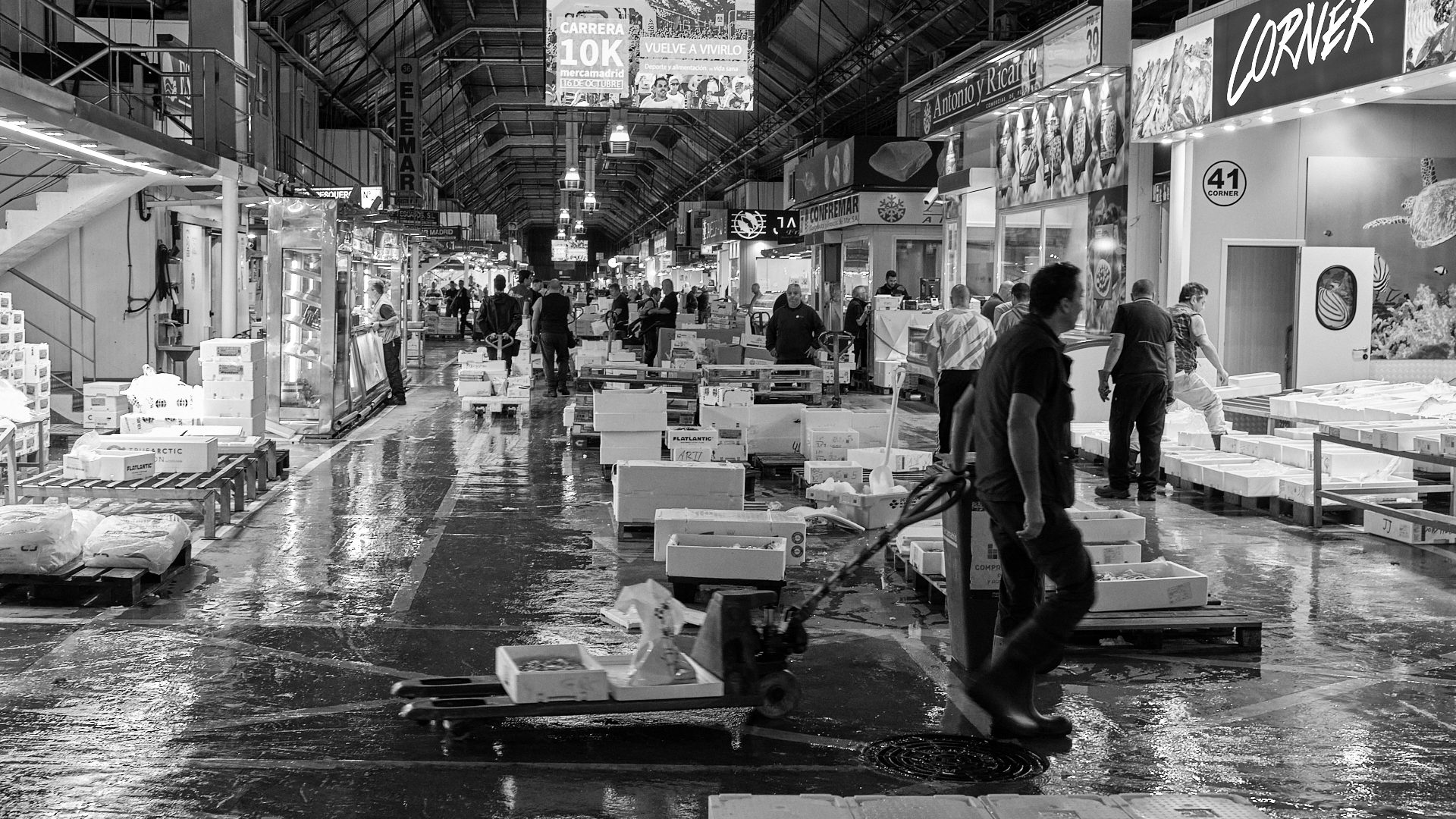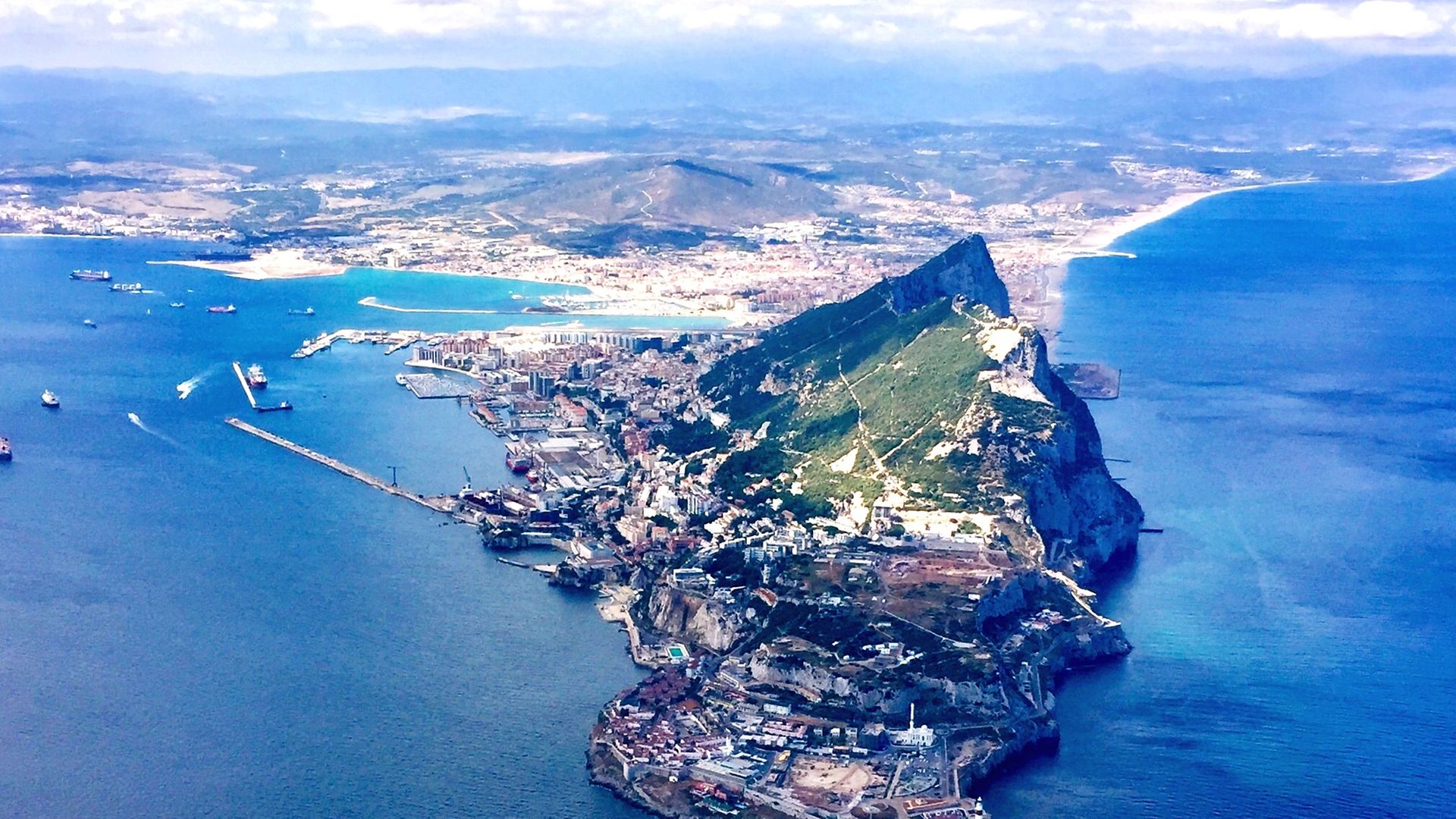If a future British government actually wants to rid the BBC of political interference – and after the Gary Lineker scandal, that feels like a pressing need – it might do well to look to Kosovo, Europe’s youngest country.
The BBC faces constant accusations that its political coverage is biased – the right finds it too metropolitan and progressive, while the left accuses it of rampant Toryism. It has also had to absorb senior employees who’ve been put into the corporate by government, including the BBC’s chairman Richard Sharp – appointed by Boris Johnson and who arranged an £800,000 loan for him – and also Robbie Gibb, Theresa May’s former advisor, now a member of the BBC’s board.
Radio Television Kosova (RTK), has faced similar problems. The state broadcaster in Kosovo, RTK runs four television channels, two radio stations and an online news site. Unlike the BBC there is no licence fee. Instead, the law stipulates that the broadcaster should receive 0.7 per cent of the total state budget. The programmes it produces serve not only the 1.8 million citizens of the country, but also a diaspora of almost a million Kosovars living abroad, including 30,000 in the UK.
Since gaining independence from the former Yugoslavia, Kosovo has been governed by a series of political coalitions which have usually included one of either the Democratic Party of Kosovo or the Democratic League of Kosovo. As a consequence of this two-party domination of Kosovan politics, many positions on public bodies, including the board of the RTK, were held by political appointees chosen from those two parties. The result was sustained criticism of its perceived political bias, comparable to that endured by the BBC. This was especially the case in its news coverage of politics, particularly its reporting on a new, then-minority party, Lëvizja Vetëvendosje! (LVV), which is on the centre left.
Faced with the problem of what to do with political bias in the state broadcaster, the Kosovan government came up with a radical solution. First, the government sacked the entire board of governors. Then, the Kosovan parliament’s cross-party media committee was given the task of appointing a new board, based on merit and experience. The whole process was transparent and followed closely by the press and civil society NGOs.
Eight new directors – four men, four women – were confirmed by parliament, having been selected from more than 150 applications. The chair of the media committee, Valon Ramadani MP, said: “In order to bring back the trust of the citizens in RTK and to improve its performance, it was necessary to change the board. There were several reasons why a new and professional board had to be appointed. Before 2021, RTK wasn’t performing anywhere near the standards for a media organisation, especially for a public broadcaster.
“The old board was underperforming, didn’t effectively oversee the management of RTK, and malpractice in RTK had become a common thing. All these reasons brought RTK to a difficult financial situation, lack of programmes for the viewers and loss of reputation. The media has only one mission, probably one of the most important missions, and that is the fair and just information of the citizens.”
In the UK, the BBC’s current charter was adopted in 2017 and runs until 2027. Negotiations on the new charter will take place in the run-up to its adoption which must be completed before the end of 2027. The timing means that the process will take place after the next UK general election under whichever government is in power at that time.
For the sake of British public life, the corporation needs to restore a sense of its own political neutrality. If it cannot, then the Lineker scandal will be just the first of many more to come. But there is an alternative – and the future may be Kosovo.



